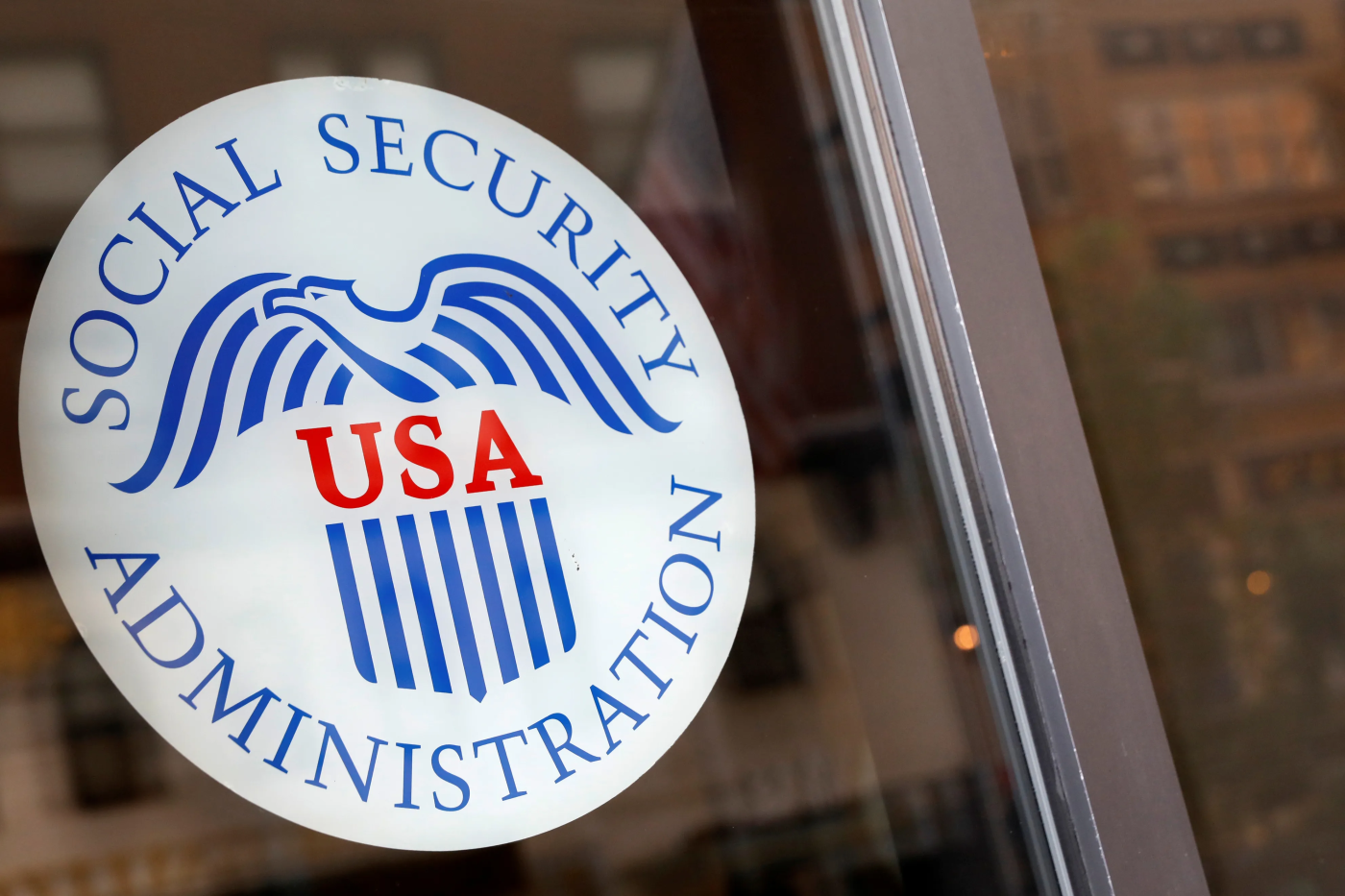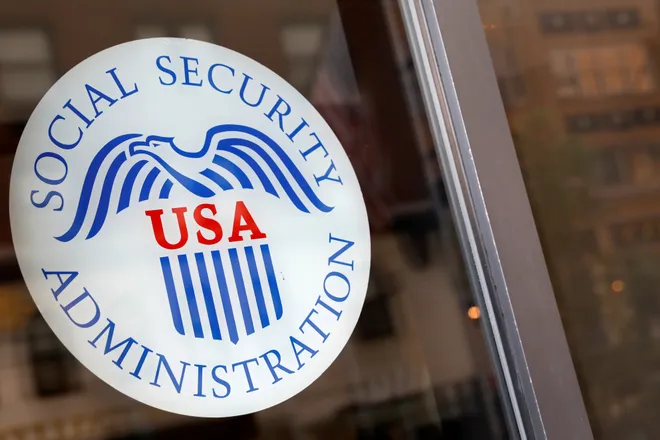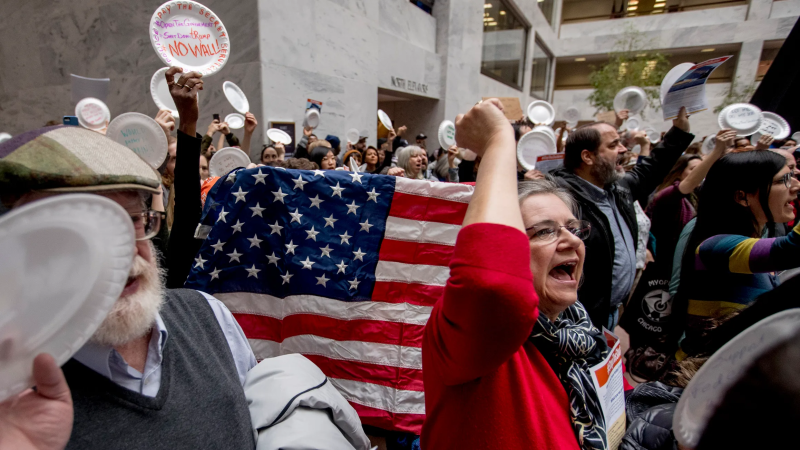
Senate has 6 weeks to vote to lift Social Security for public workers. Will it?
Public sector workers are on tenterhooks, hoping sometime in the next six weeks the Senate will pass a bill to allow them to receive Social Security benefits they feel they’re entitled to.
Last week, a bipartisan majority of the U.S. House passed the Social Security Fairness Act to eliminate the Windfall Elimination Provision (WEP) and the Government Pension Offset (GPO), which reduce Social Security benefits for certain retirees who also receive pension income. The bill now awaits a Senate vote for a chance to become law, but only has until Dec. 31 before it dies.
Together, WEP and GPO affect nearly three million Americans including police officers, firefighters, postal workers and public-school teachers.
“Billions of dollars have been withheld from public workers who earned both a public pension and Social Security benefits for the past 50 years,” said Rafael Sanchez, who worked for the state of California for 30 years before moving to Idaho to work in the private sector and pay into Social Security for three years.
How do WEP and GPO affect Social Security benefits?
- The Windfall Elimination Provision (WEP) reduces Social Security for those who receive so-called “non-covered” pension income from jobs, typically public sector roles, that didn’t contribute Social Security payroll taxes. The reduction can be significant - up to half the pension amount.
- The Government Pension Offset (GPO) reduces survivor or spousal benefits if a person’s pension is non-covered. GPO affects fewer people, but it cuts the Social Security benefit by two-thirds of the pension amount. If two-thirds of your government pension is more than your Social Security benefit, your benefit could be reduced to zero.
The rules were intended to prevent Social Security from overpaying people who worked in non-covered pension jobs, policy experts said. People with earnings outside the Social Security system can look like low earners.
Since Social Security replaces a higher percentage of prior earnings for low-paid workers than for higher-paid workers, those who received healthy government salaries for decades would receive the same advantage in Social Security calculations as longtime low-income workers, proponents of the rules argued.

Are WEP and GPO unfair?
The provisions unfairly penalize people for having worked public sector jobs, some critics say.
Sara Fischer, 65, took an early retirement buyout at the age of 44 from her job of 25 years with the federal courts. Since that was 11 years younger than the minimum retirement age, she knew she wouldn’t receive her full pension and was okay with that. Fischer said she knew she’d eventually get another job in the private sector, pay into Social Security and receive a monthly benefit based on what she paid from her paychecks.
She was wrong. Her monthly Social Security check will be docked about $600 because of WEP, she said.
“I don't expect Social Security to pay me any more than what anyone who worked for 11 years would receive based on what I earned and what I paid into Social Security,” said Fischer, who still works part-time as a paralegal in Detroit, Michigan.
However, she added, “what WEP says to people like me is …we don't care how much you paid into Social Security and what you're entitled to, based on what you paid in during the years you contributed to Social Security. We are going to slash your Social Security check because you were a government employee. Period. That is the only reason.”
What’s worse, once your Social Security benefit is slashed, you’re also losing out on the annual cost-of-living adjustment (COLA), said Bill Callahan, 67, a retired teacher in Middlebury, Connecticut.
“Our COLA is determined after the deduction for either the GPO or WEP…which means we lose out each year,” he said.
Instead of applying COLA to the roughly $839 Social Security benefit Callahan would have received without WEP, he said his COLA is based on the amount after his $480 WEP deduction. In 2025, he’ll receive a 2.5% increase on $359, or just less than $9 a month.
That’s less than half the $21 he would have received if COLA was applied to the benefit before WEP, and the $10.30 increase, to $185.00, in the standard monthly premium for Medicare Part B in 2025, up from $174.70 in 2024.
“You take this and play it out over 20 years of COLA, and it stinks,” he said.
Can we afford to eliminate WEP and GPO?
The Social Security Fairness Act would cost $196 billion over the next decade, hasten Social Security’s insolvency by about six months and increase the automatic benefit cuts when they occur, said the bipartisan nonprofit Committee for a Responsible Federal Budget (CRFB).
“These provisions aren’t perfect, and there are lots of ideas to reform them,” said CRFB President Maya MacGuineas in a statement. “But repealing them altogether would move in exactly the wrong direction.”
The Center on Budget and Policy Priorities, considered to be center-left, suggested a proportional formula that would calculate Social Security benefits based on income earned from jobs that paid into Social Security and not accelerate insolvency.
For example, if 75% of a person’s earnings comes from these jobs, then the person would receive Social Security equal to 75% of what they would have gotten if all their earnings had come from those positions.

Will the Senate pass the Social Security Fairness Act?
Senate Majority Leader Chuck Schumer hasn’t yet brought the Act to a vote and only has until yearend to do so, said The Seniors Citizens League, a nonpartisan seniors group. Otherwise, the bill dies and lawmakers must start over with a new bill.
USA Today reached out to Schumer to see if he planned to bring the bill to a vote and hadn't heard back by time of publication.
The bill has 62 bipartisan Senate sponsors, more than the 60 votes needed to end a filibuster and pass the legislation.
“They have the votes in their pocket,” Callahan said. "This better not be about politics. It’s about fairness.”
Medora Lee is a money, markets, and personal finance reporter at USA TODAY. You can reach her at [email protected] andsubscribe to our free Daily Money newsletter for personal finance tips and business news every Monday through Friday morning.

